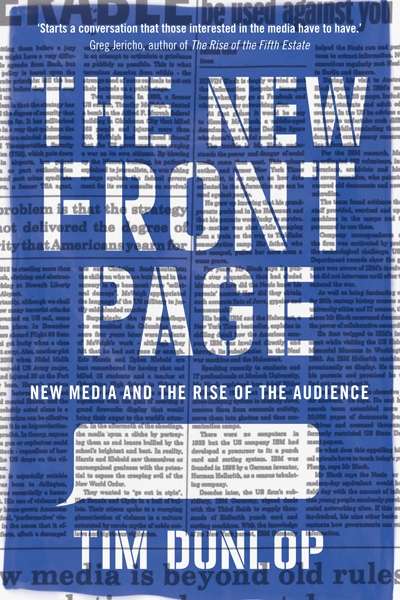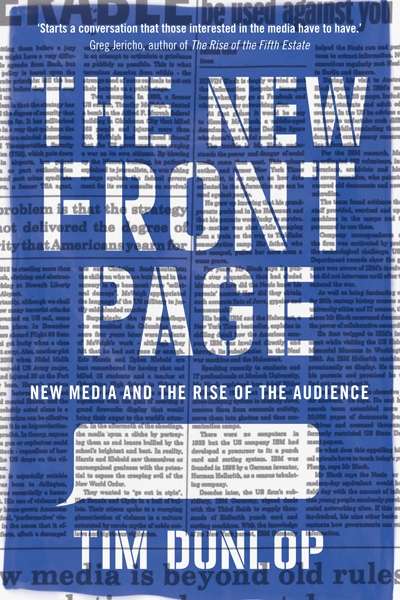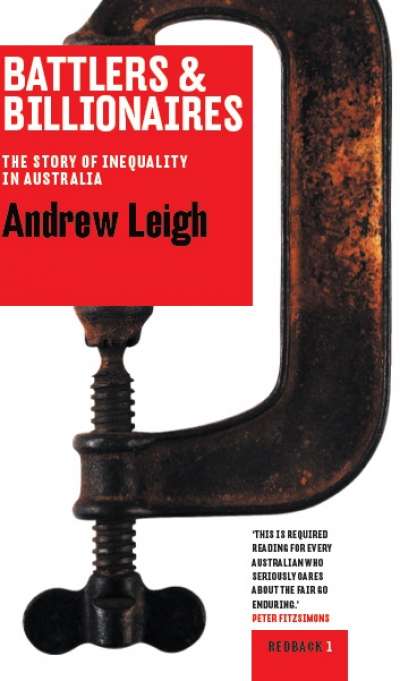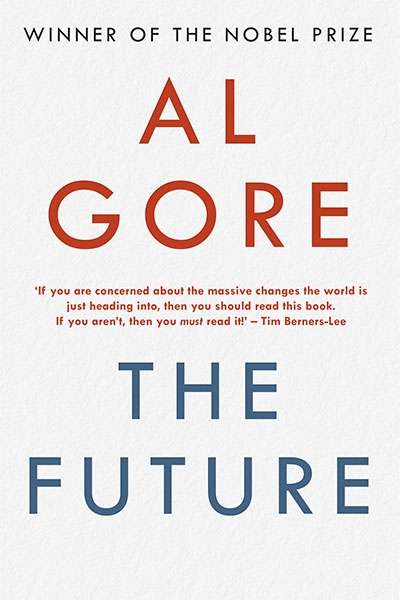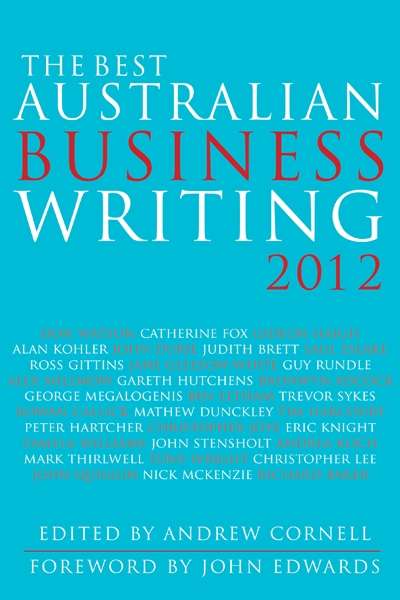Gillian Terzis
The New Front Page: New Media and the Rise of the Audience by Tim Dunlop
by Gillian Terzis •
The New Front Page: New Media and the Rise of the Audience by Tim Dunlop
by Gillian Terzis •
Battlers and Billionaires: The Story of Inequality in Australia by Andrew Leigh
by Gillian Terzis •
Loving This Planet by Helen Caldicott & Waging Peace by Anne Deveson
by Gillian Terzis •
The Best Australian Business Writing 2012 edited by Andrew Cornell
by Gillian Terzis •


